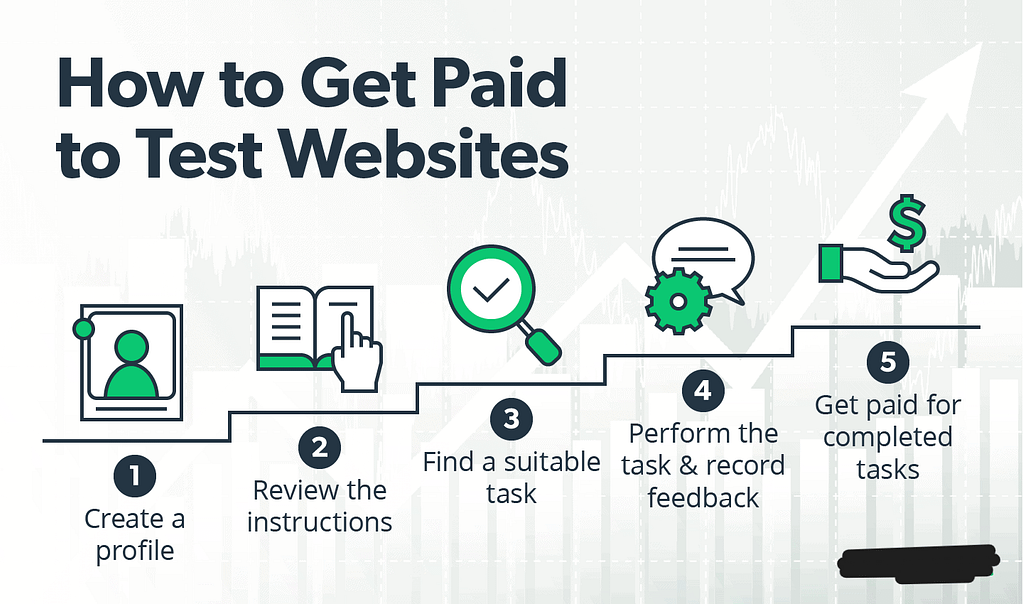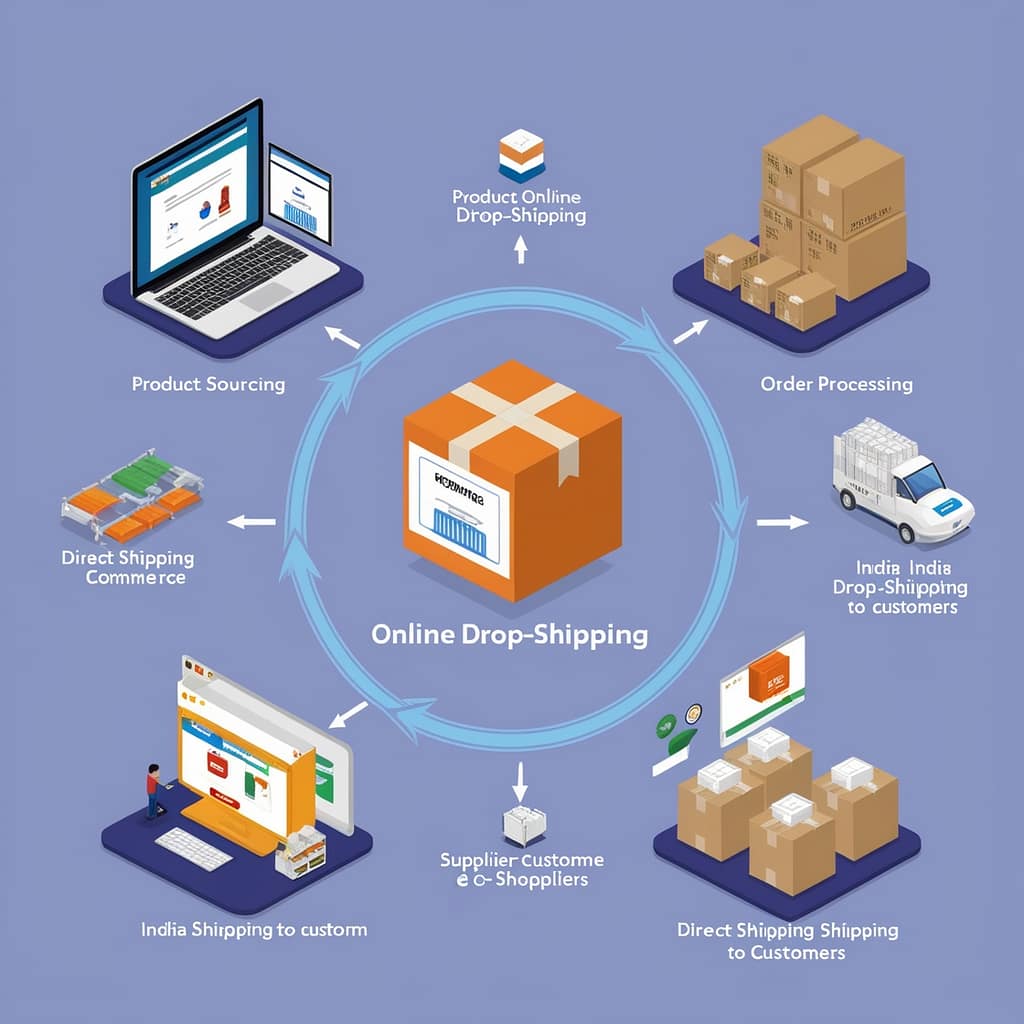
Introduction to Website Testing
What is Website Testing?
Website testing is a process where individuals evaluate a website’s usability, design, performance, and functionality. Testers provide feedback that helps developers improve the site’s overall user experience. This service is in demand as businesses strive to create user-friendly platforms.
Why is Website Testing Important?
In today’s digital age, websites are a business’s first impression. Testing ensures the site functions smoothly, meets user expectations, and avoids bugs that could hurt conversions. Companies pay testers to help achieve this goal, offering a lucrative opportunity for individuals.
Getting Started with Website Testing
Skills Needed for Website Testing
- Attention to Detail: Spotting issues requires a sharp eye.
- Basic Technical Knowledge: Familiarity with website navigation, browsers, and devices.
- Good Communication Skills: Articulating issues clearly and concisely.
Tools You Need to Begin
- Devices: Smartphone, tablet, or computer.
- Internet Connection: Stable and fast.
- Screen Recording Software: Tools like OBS or Camtasia for documenting tests.
- Test Management Tools: Platforms like Test Rail to manage your tasks.
Popular Platforms for Website Testing
- User Testing: Pays testers to review websites and record feedback.
- TryMyUI: Offers easy testing tasks with payments after approval.
- Testbirds: Allows testers to work on diverse testing projects.
- uTest: Provides projects for beginners and professionals.
How to Maximize Earnings
Strategies for Landing High-Paying Projects
- Build Your Profile: Highlight relevant skills and certifications.
- Focus on Niche Testing: Specializing in areas like e-commerce or gaming websites.
- Network Actively: Join tester communities to discover opportunities.
Tips for Efficient Website Testing
- Follow the Guidelines: Understand the testing requirements thoroughly.
- Document Issues Clearly: Use screenshots and recordings to showcase errors.
- Be Consistent: Deliver reliable and accurate feedback every time.
Common Mistakes to Avoid
- Skipping Instructions: Ignoring guidelines can lead to rejection.
- Overpromising: Only take on projects you can complete.
- Neglecting Communication: Keep clients updated on your progress.
Earning Potential and Payment Options
How Much Can You Earn by Testing Websites?

Earnings depend on the project and platform. Testers can make anywhere from ₹100 to, ₹2000 per test. Experienced testers often secure higher-paying assignments.
Payment Methods and Timelines
- Methods: PayPal, bank transfer, or gift cards.
- Timelines: Payments are usually processed weekly or monthly, depending on the platform.
Challenges and How to Overcome Them
Dealing with Rejections
Rejections are common but can be minimized by submitting high-quality work and adhering to guidelines. Always ask for feedback to improve.
Managing Workload and Deadlines
Organize tasks using productivity tools like Trello or Asana. Set realistic goals and prioritize urgent projects.
Conclusion: Start Your Website Testing Journey Today
Website testing is a flexible and rewarding way to earn money without significant investments. You can unlock a steady income stream by developing the right skills, leveraging popular platforms, and staying consistent. Start your journey today and make the most of this booming opportunity.
FAQs on Website Testing
1. Can I Earn Money from Testing Websites Without Investment?
Yes! Most platforms don’t require upfront payments. You only need basic tools and internet access.
2. How Do I Find Reliable Website Testing Jobs?
Register on established platforms like User Testing and Testbirds. Avoid sites asking for membership fees.
3. What Are the Common Website Testing Platforms?
Popular platforms include User Testing, uTest, and TryMyUI.
4. Is Website Testing Suitable for Beginners?
Absolutely. Many platforms welcome beginners and provide training resources.
5. How Much Time Do I Need to Dedicate?
Projects vary but typically require 20–60 minutes. Flexible schedules make it beginner-friendly.
6. Are There Any Risks in Website Testing?
The main risks are platform scams. Stick to reputable platforms and avoid sharing sensitive personal information.

